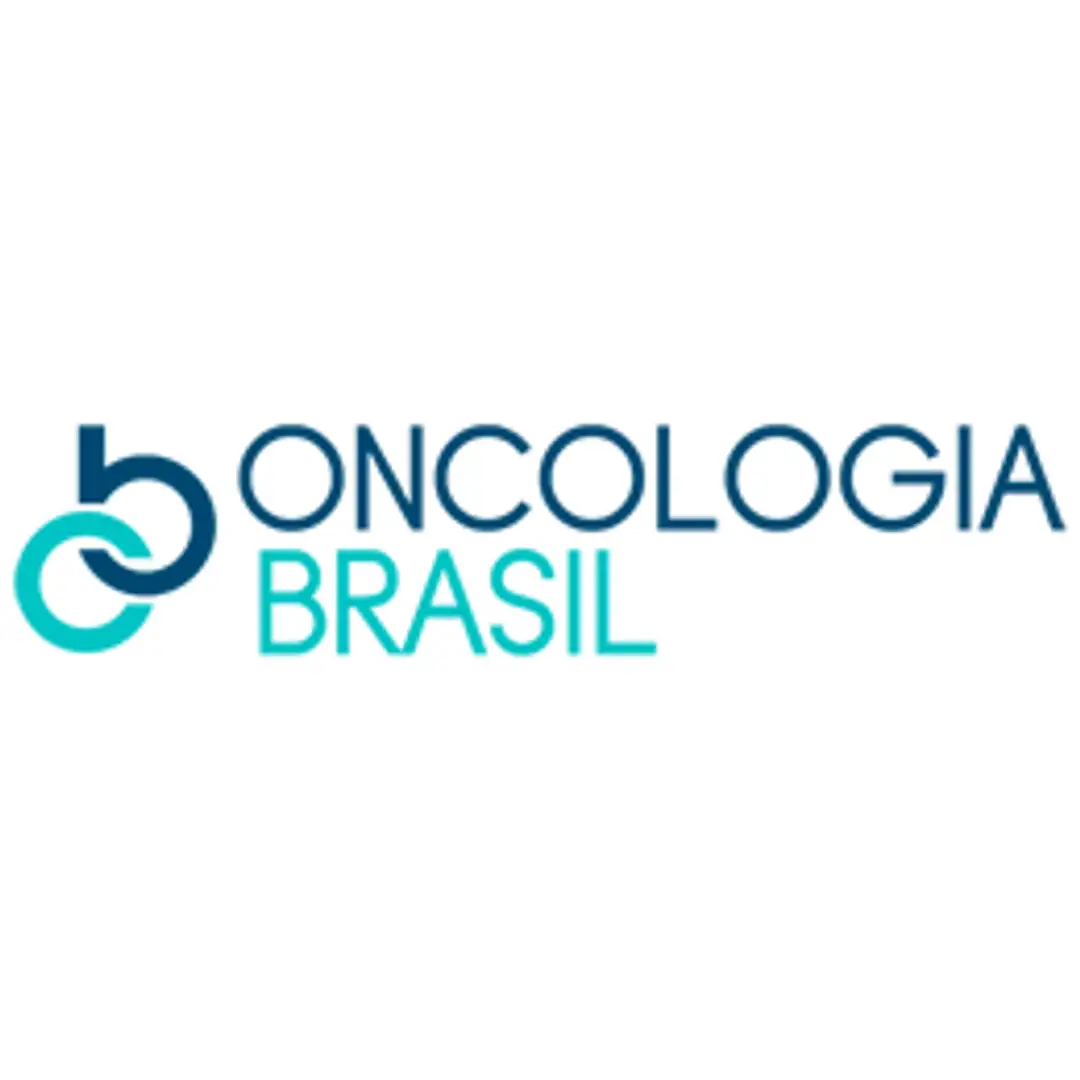
Aspirin, long known for its analgesic and anti-inflammatory properties, may be on the verge of assuming a new role in oncology. Recent data from the ALASCCA clinical trial, published in the New England Journal of Medicine, suggest that daily use of low-dose aspirin in patients with resected colorectal cancer — and specific mutations in the PIK3CA gene — may significantly reduce the risk of recurrence.
The study included over 600 patients with stage I–III colorectal cancer, whose tumors were tested for mutations in PIK3CA, PIK3R1, and PTEN. These patients were randomized to receive 160 mg of aspirin or placebo daily for three years, with or without adjuvant chemotherapy, according to clinical guidelines.
Key findings include:
- Among patients with PIK3CA hotspot mutations (group A), the 3-year recurrence risk was nearly halved in the aspirin group.
- The number needed to treat (NNT) ranged from 6 to 42, depending on tumor subtype and stage.
- The incidence of serious adverse events was slightly higher with aspirin, but considered acceptable in light of the potential oncologic benefits.
This finding reinforces the concept of biomarker-guided adjuvant therapy, similar to what is already observed with immunotherapy in microsatellite instability (MSI)-high tumors and other targeted therapies in non-metastatic cancers.
The timing is key: initiating aspirin shortly after surgery and alongside adjuvant chemotherapy appears to be crucial for targeting early micrometastases and preventing recurrence.
Practical takeaways for oncologists:
- Testing for PIK3CA (and related genes) at diagnosis may become essential in guiding adjuvant treatment decisions.
- In patients with relevant mutations, consider aspirin as an accessible, low-cost adjuvant option.
- Discuss the risk-benefit profile with patients, particularly the potential for bleeding-related toxicities.
After decades of stagnation in adjuvant strategies for colorectal cancer, the era of personalized therapy finally seems to be reaching early-stage disease — and with a drug we've known for generations.
#ColorectalCancer #AspirinTherapy #PrecisionOncology #PIK3CAMutation #CancerRecurrence
Editorial note: This content was developed with the support of artificial intelligence technologies to optimize writing and information structuring. All material was carefully reviewed, validated, and complemented by human specialists prior to publication, ensuring scientific accuracy and adherence to editorial best practices.
Sources
- Goldberg RM, Meyerhardt JA. An Aspirin a Day for Improved Colorectal Cancer Outcomes. N Engl J Med. 2025 Sep 17;393(11):11311132. doi:10.1056/NEJMe2508634.

Written by Oncologia Brasil
About
Oncologia Brasil is a specialized oncology platform with a team of experts covering all aspects of cancer treatment, providing relevant content and personalized solutions. Its goal is to meet the needs of healthcare professionals, pharmaceutical industries, and patients by offering reliable and up-to-date information to improve cancer understanding and management.



